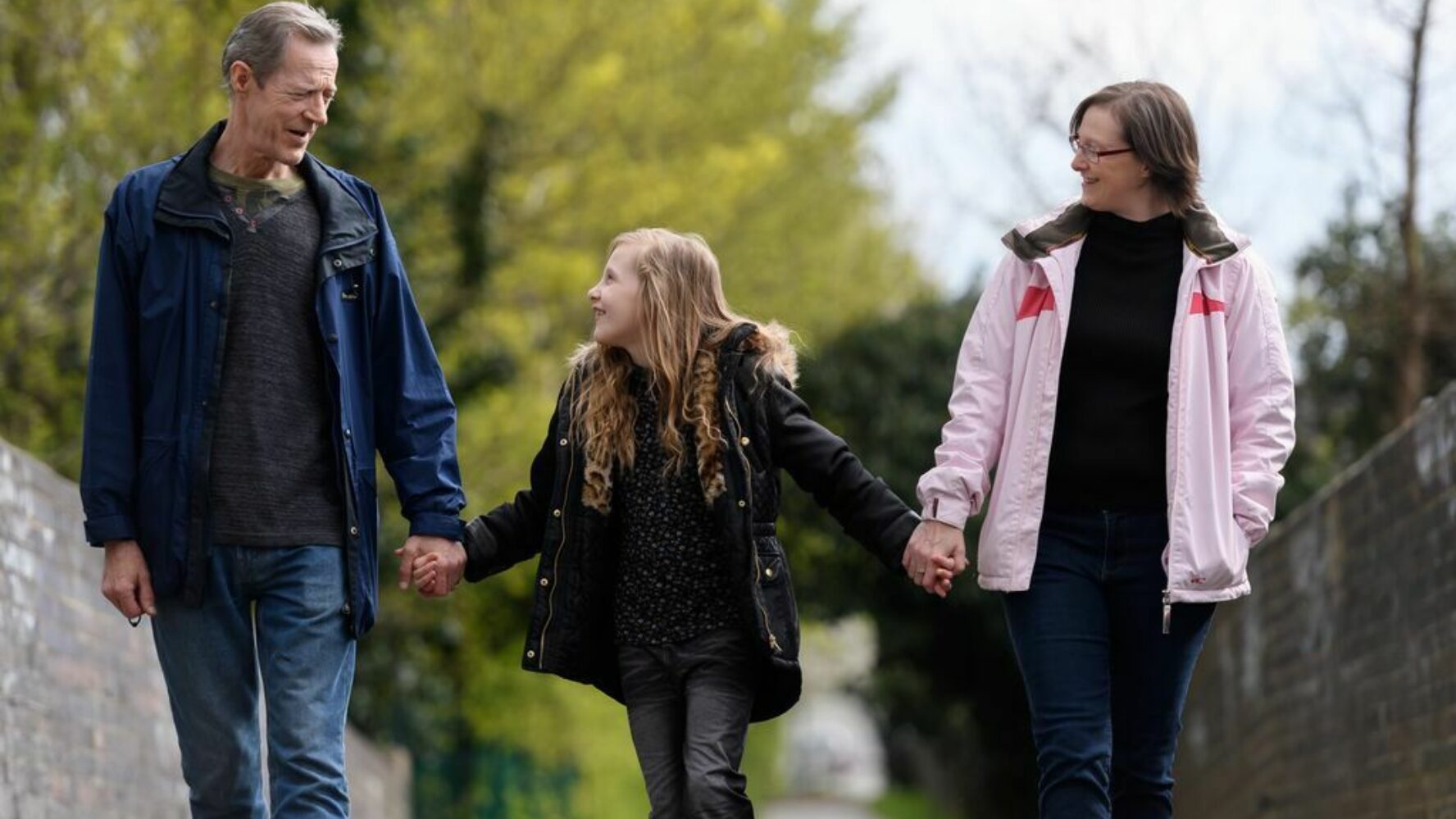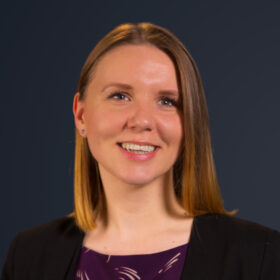
This is taken from a three part series on our policy and industry-focused blog on Medium exploring CAP’s refreshed vision – you can read the full series here.
Over our 25-year history, Christians Against Poverty (CAP) has helped tens of thousands of people find freedom from debt and despair. We’ve witnessed lives transformed beyond what you’d think possible, and we’ve had the joy of working with thousands of passionate churches across the UK to make a difference in local communities. We believe there is ‘always hope’, no matter how tough things may look.
Our focus and vision as an organisation is transformed lives, thriving churches and an end to UK poverty.
It’s the last part that most often has people pausing for thought. To end UK poverty. That’s big. That’s ambitious. Is it even possible?
We’ve previously written about how poverty is not inevitable, and it’s also vital that we do everything we can to make that a reality.
Why seek an end to UK poverty?
We believe that without any of the three parts of our vision, the whole thing unravels.
We experience hope when:
- We know where we want to go – we have the ability to set realistic goals.
- We know how to get there and can persist – we can figure out how to achieve these goals and develop flexible and adaptable pathways when things don’t go to plan.
- We believe we can do it – we have agency and believe in ourselves.
The trilogy of goals, pathways and agency, C.R.Snyder
This is what CAP sets out to do. Through debt advice, job clubs and financial education, along with support from local church volunteers, we help people overcome barriers to persist and believe they can achieve their goals. But, as professor and author Brene Brown puts it in her book Atlas of the Heart:
Hope is forged when our goals, pathways, and agency are tested and when change is actually possible. Unfortunately, there are times when hope isn’t sufficient to combat entrenched systemic barriers. It doesn’t matter how much hope we have if the deck is stacked or the rules apply to some but not others – that is actually a recipe of hopelessness and despair.
— Brene Brown
We can’t work towards this hope if we don’t address entrenched systemic barriers that keep people in poverty, alongside working to see thriving churches and transformed lives in the here and now. And for that we have to want to see an end to UK poverty.
What does it mean to end UK poverty?
In the UK, 14 million people are living in poverty. That’s one in five of our population, and this rate has been fairly consistent for many years.
Being in poverty means that the resources people have available fall below their minimum needs to live in the UK today. This is more than financial. People living in poverty face daily financial uncertainty that strips them of dignity, options and agency, which prevents them from being able to fully participate in society.
We’re at the outset of creating our strategy to end UK poverty, but there are three things we know about what this part of our vision means to us as CAP:
1. The opposite of poverty is not financial stability – it is thriving
While we often think of poverty as a financial problem, it robs people of so much more than the ability to purchase goods and services. Our heart is not just to see people able to afford the basics that they need to survive, but to thrive.
Yes, we need our ‘basic needs’ to be met (like food and shelter), but we must also have both the ‘practical means’ (such as health, education and resilience) as well as ‘justice-focused means’, so that we are free from oppression, marginalisation, violence and discrimination. Only this combination allows us to have contentment, a sense of meaning and purpose, and strong relationships with others.
2. Ending poverty is as much about changing hearts and minds as it is systems and structures
Poverty is not about individual choices. The fact that one in five of the UK population live in poverty, and that specific groups such as people with disabilities or people of colour have drastically higher poverty rates (up to 300% higher) tells us that there are societal issues at play.
There are injustices and inequalities that must be addressed, and which will require changes to systems and structures that trap people in poverty and restrict the options and opportunities open to them.
To see this change, we need people – voters, politicians, everyone – to believe that ending poverty is both desirable and achievable. We need to win hearts and minds to build agreement that ending poverty is something that should and can be achieved. This is a vital first step on the way to changing things on a UK-wide scale.
3. It’s not something we can do by ourselves
Ending UK poverty is going to take all of us – government, both local and national, businesses, civil society, as well as each of us as individuals taking actions within our own power and localities. Perhaps most importantly, we must directly involve people who are currently experiencing poverty in advocating for the change they need.
In particular, we believe there is a huge and indispensable role for the Church to play as well. Alongside so much amazing work that’s already happening across the UK by passionate and committed Christians, we want to equip churches to play an even more effective and instrumental role in tackling poverty on a UK-wide scale, as well as in their local community.
An end to UK poverty. It feels big, but that’s how big our ambition is. With every desperate situation we see, we long for an end to UK poverty to be today’s reality. It’s not going to be easy, but we’re excited for the journey. And we hope you’re with us.





